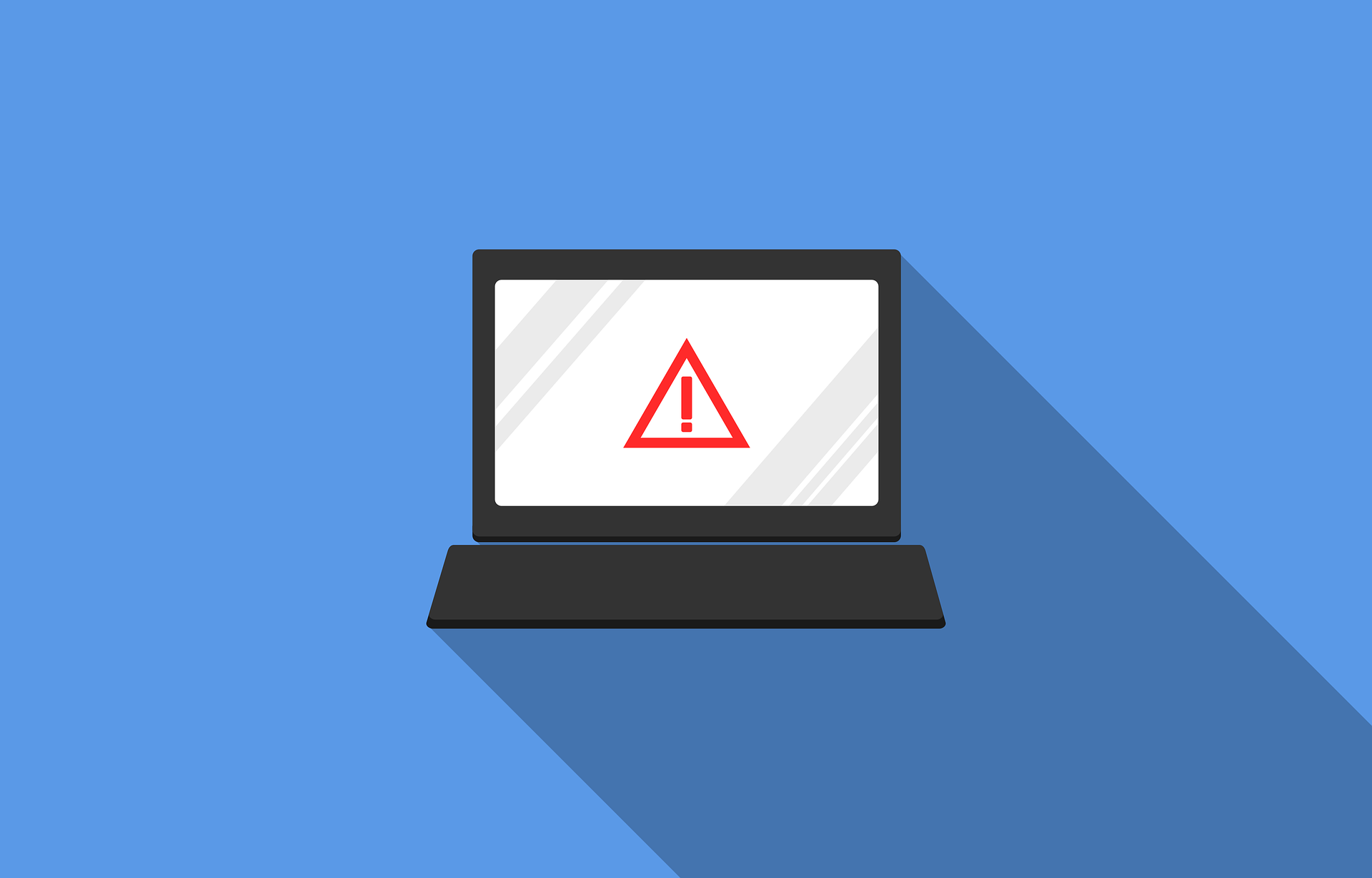
A Public Interest Internet Agenda
Broadband Internet is the means by which increasing numbers of Americans earn a living, receive an education, consume goods and services and participate in their democracy. Yet despite it’s importance, the United States ranks 15th among developed nations when it comes to broadband deployment.
Broadband Internet is the means by which increasing numbers of Americans earn a living, receive an education, consume goods and services and participate in their democracy. Yet despite it’s importance, the United States ranks 15th among developed nations when it comes to broadband deployment.
A Public Interest Internet Agenda prescribes broadband policy solutions that are tied to the common good and our nation’s prosperity. Connecting our entire nation to the Internet at broadband speed is the key to economic development, improved healthcare and education, energy efficiency, robust democracy and open government.
We recommend that policy makers embrace the following core principles:
1. Every American should have access to Broadband communications. Like the government’s past efforts to extend telephone coverage there must be universal and open, non-discriminatory access to high-speed and high-quality broadband.
2. Good policy must be well informed. Policymakers must have access to reliable data on where broadband presently exists, at what speeds, of what quality, by what provider, how it is used by consumers, why certain consumers do not use it, and how other consumers integrate it into their lives. These data must be as granular as possible, and should be made available in raw form on the Internet for public analysis.
3. Policy should promote competition, innovation, localism, and opportunity. Locally owned and operated networks support these familiar core goals of communications policy, and therefore should receive priority in terms of federal and state support. Structural separation of ownership of broadband infrastructure from the delivery of service over that infrastructure will further promote these goals.
4. Government should use public resources wisely. Policymakers should seek to leverage the use of resources and assets such as publicly-owned spectrum, fiber and rights-of-way to achieve the goal of universal broadband access to the Internet
5. Policy must stress digital inclusion and the service of traditionally disenfranchised communities. Stimulating broadband supply is necessary but not sufficient to achieve the goal of universal broadband. Policymakers must also promote digital inclusion to stimulate broadband demand and ensure that all residents have access to the digital skills and tools necessary to take advantage of the Internet’s enormous potential benefits in creativity, economic development and civic engagement. This benefits not just those on the wrong side of the Digital Divide, but all broadband users and our society.
Privacy is a fundamental right in the United States. For four decades, the foundation of U.S. privacy policies has been based on Fair Information Practices: collection limitation, data quality, purpose specification, use limitation, security safeguards, openness, individual participation, and accountability.
Those principles ensure that individuals are able to control their personal information, help to protect human dignity, hold accountable organizations that collect personal data, promote good business practices, and limit the risk of identity theft. Developments in the digital age urgently require the application of Fair Information Practices to new business practices. Today, electronic information from consumers is collected, compiled, and sold; all done without reasonable safeguards.
Consumers are increasingly relying on the Internet and other digital services for a wide range of transactions and services, many of which involve their most sensitive affairs, including health, financial, and other personal matters. At the same time many companies are now engaging in behavioral advertising, which involves the surreptitious tracking and targeting of consumers. Click by click, consumers’ online activities – the searches they make, the Web pages they visit, the content they view, the videos they watch and their other interactions on social networking sites, the content of emails they send and receive, how they spend money online, their physical locations using mobile Web devices, and other data – are logged into an expanding profile and analyzed in order to target them with more “relevant” advertising.
This is different from the “targeting” used in contextual advertising, in which ads are generated by a search that someone is conducting or a page the person is viewing at that moment. Behavioral tracking and targeting can combine a history of online activity across the Web with data derived offline to create even more detailed profiles. The data that is collected through behavioral tracking can, in some cases, reveal the identity of the person, but even when it does not, the tracking of individuals and the trade of personal or behavioral data raise many concerns.
One year from now 22 million Americans who rely on free over-the-air analog broadcasting will be at risk of losing access to TV. On February 17, 2009, analog televisions that receive over-the-air signals will go dark, unless they are retrofitted with digital converter boxes. For many Americans who are hearing about the transition for the first time, information about the change comes from electronic store retailers, where consumers ask what is necessary to maintain TV reception– a primary source for news, information and entertainment.
In an effort to determine America’s preparedness for the transition, the U.S. Public Interest Research Group (PIRG) Education Fund conducted a “secret shopper” survey at 132 locations of five leading national electronics retailers in ten states. The survey found that retail electronic store staff are largely uninformed and are not adequately preparing consumers for the impending transition to digital television.
Our survey shows that the majority of retailers provide inaccurate or misleading information about the digital transition. Many sales clerks tried to persuade our surveyors to buy new, expensive digital televisions or high-definition televisions rather than explaining the availability of the less expensive option such as buying converter boxes, discounted by government coupons available to anyone who needs one.
Specifically, staff at these132 locations provided the following inaccurate or misleading information about the digital transition.
• 81% of the sales staff did not know about or gave out inaccurate information about converter boxes.
• 78% of the sales staff provided inaccurate information about the federal government’s coupon program for converter boxes.
• 42% of sales staff provided inaccurate information about the month of the digital transition deadline date.
To protect consumers against misinformation or consumer fraud, the U.S. PIRG Education Fund makes the following recommendations. Retailers must ensure:
• they adequately educate staff about converter boxes and the coupon program.
• converter boxes are made available at fair prices.
• consumers are informed of the availability of federal coupons.
• analog TV sets remaining on store shelves are properly labeled.
Additionally, the federal government must enforce penalties against companies that mislead consumers in an effort to reap greater profits from the sale of TVs to people who could get by with a low cost converter box, with its price reduced further by a $40 government coupon.
The congressionally-mandated transition to a digital system gave broadcasters one of the largest public giveaways in the history of our nation. The value of the publicly owned airwaves used by broadcasters increased by billions of dollars, for which broadcasters paid nothing. The public lost out to powerful broadcasters when the decision to switch systems was made. Now, one year from the switch date, it looks like consumers are in danger of losing out again by unknowingly being steered toward the purchase of unnecessary, expensive equipment by uninformed or dishonest sales clerks.
Topics
Find Out More


5 steps you can take to protect your privacy now

Fixed for the Holidays

